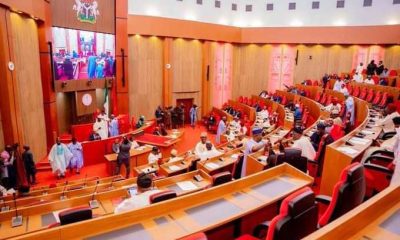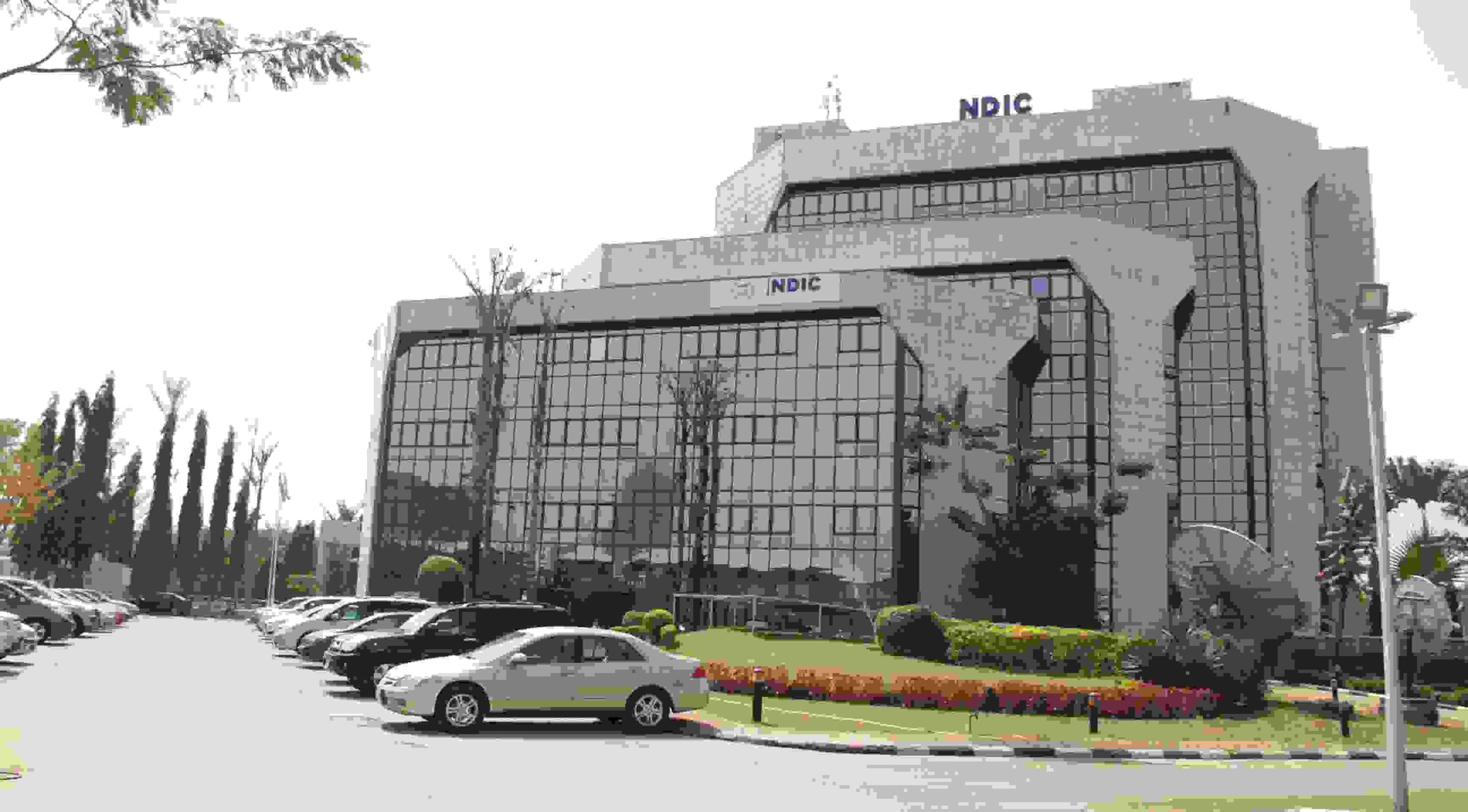Business
FG targets N796bn yearly from 5% petrol surcharge

The Federal Government is eyeing N796bn annually from the introduction of a five per cent surcharge on locally produced and imported petrol, based on its new tax policy scheduled to take effect from January 1, 2026.
The new surcharge is contained in the Nigeria Tax Administration Act, one of four tax reform bills signed into law by President Bola Tinubu on June 26, 2025.
Already consumers have voiced opposition to the move, noting that the government had earlier removed fuel subsidies and now plans to impose a five per cent surcharge on fuel, without taking into cognisance the harsh economic realities nationwide.
In reaction oil marketers have said that the five per cent surcharge may further jerk up the pump prices of refined petroleum products.
The surcharge forms part of government efforts to shore up non-oil revenues and promote fiscal sustainability amid mounting public debt and subsidy-related costs. The policy targets fossil fuel products provided or produced in Nigeria.
Fossil fuel products include petrol, diesel, kerosene, aviation fuel, and Compressed Natural Gas, among others. They are derived from the processing of fossil fuels such as coal, petroleum, and natural gas.
However, items exempted from the new tax are clean or renewable energy products, as well as household kerosene, cooking gas, and Compressed Natural Gas.
Investigations by this medium revealed that the government would get about N796bn annually from only petrol once the five per cent surcharge takes effect.
An analysis deploying the volume of imported and refined petrol, revealed that the government could garner N796bn based on the 2024 estimates of national consumption and refining capacity production data provided by the Nigerian Midstream and Downstream Petroleum Regulatory Authority.
This N796bn is purely for petrol and doesn’t include other fossil fuel derivatives such as diesel and aviation fuel.
A breakdown of data from the NMDPRA shows that the total volume of petrol consumed by Nigerians reached 18.75 billion litres in 2024. NMDPRA, an agency of the Federal Government, is the mid- and downstream regulator of the oil and gas industry.
The 18.75 billion litres of petrol translates to about N15.93tn, using the average price of N850 for a litre of petrol consumed in Nigeria during the review period. Five per cent of N15.93tn represents N796bn, which is the sum that the Federal Government may rake in annually from only petrol once it implements the planned surcharge.
This, therefore, implies that the government’s earnings from the proposed surcharge on fossil fuel products (petrol, diesel, and aviation fuel) would be more than N796bn once the five per cent surcharge policy on refined petroleum products takes effect, after being approved by the Minister of Finance, as stated in the Act.
According to the law, the surcharge will be imposed on all “chargeable fossil fuel products” and will be calculated based on the retail price of the product. The Act stipulates that the surcharge will apply to a “chargeable transaction” such as the supply, sale, or payment for the product, “whichever occurs first”.
The law read in part, “A surcharge is imposed at five per cent on chargeable fossil fuel products provided or produced in Nigeria, and shall be collected at the time a chargeable transaction occurs.
“(1) For the purpose of imposing a surcharge on fossil fuel products, the chargeable transaction shall be the supply, sale, or payment, whichever occurs first. (2) Surcharge shall be computed based on the retail price of all chargeable fossil fuel products.”
The implementation date, however, remains undecided and is now subject to the approval of the Minister of Finance and Coordinating Minister of the Economy, Wale Edun.
“The minister may, by an Order issued in the Official Gazette, indicate the effective date of commencement of the administration of the surcharge on fossil fuel products under this Chapter,” the Act said.








